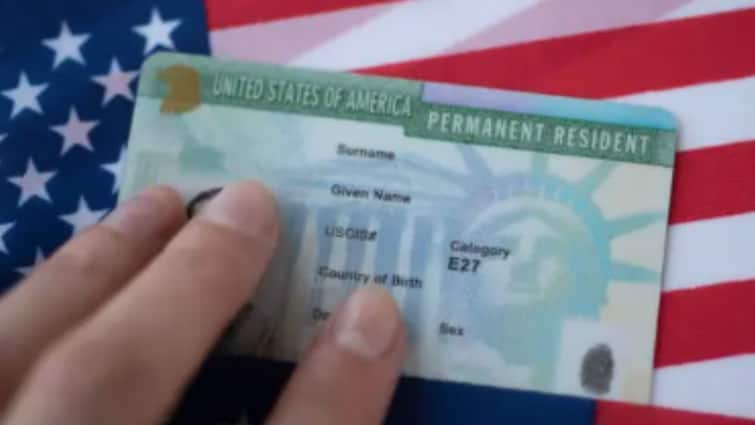The United States is tightening its border controls with a sweeping new policy requiring all non-US citizens, including Green Card holders, to be photographed each time they enter or leave the country. The rule, announced by the Department of Homeland Security (DHS), takes effect on December 26, 2025, and significantly expands the use of biometric data collection across America’s borders.
According to DHS, US Customs and Border Protection (CBP) officers will collect photographs and other biometric identifiers from nearly all foreign travellers at land crossings, seaports, and airports. The change eliminates previous exemptions that allowed travellers under 14 and over 79 to skip the process, meaning everyone within those age groups will now be included.
CBP already uses facial recognition screening for incoming international passengers at most major airports, but the new regulation will make the technology mandatory across all ports of entry. Homeland Security officials say these enhanced procedures will strengthen national security, curb the use of fraudulent travel documents, and help track visa overstays more effectively.
Broader Push To Reinforce Border Security
The DHS said the rule supports the long-standing mandate to create a more robust, automated entry-exit system, which was a goal Congress first set in 1996 but never fully achieved. Under the expanded policy, CBP will build a comprehensive image database for each traveller, merging passport and document photos with live captures taken during border processing. These data points will be matched in real time as individuals enter or exit the country.
Officials estimate that, within three to five years, the full biometric entry-exit system will be operational at all commercial airports and seaports. The agency argues the initiative will help tackle one of America’s persistent immigration issues: visa overstays.
According to a 2023 Congressional Research Service report, overstays accounted for roughly 42 percent of the estimated 11 million unauthorized immigrants in the United States.
The announcement aligns closely with President Donald Trump’s border and immigration agenda, which has focused on stricter enforcement measures and expanded technology deployment along the US-Mexico border.
Civil Rights Concerns Over Accuracy And Privacy
Despite DHS assurances, critics warn that the new policy could deepen privacy risks and amplify biases embedded in facial recognition technology.
A 2024 report by the US Commission on Civil Rights found that facial recognition systems tend to produce higher error rates for Black travelers and other ethnic minorities, raising concerns about potential discrimination and civil liberties violations.
Cody Venzke, senior policy counsel at the American Civil Liberties Union (ACLU), questioned the legal and ethical foundation of such data collection. “CBP points to laws passed more than two decades ago to justify the data collection, but Congress couldn’t have intended for the use of facial recognition technology then in its infancy,” he told Bloomberg.
“This technology is unreliable, disproportionately harms people of colour, and serves as the foundation for a perpetual surveillance state,” Venzke added.



